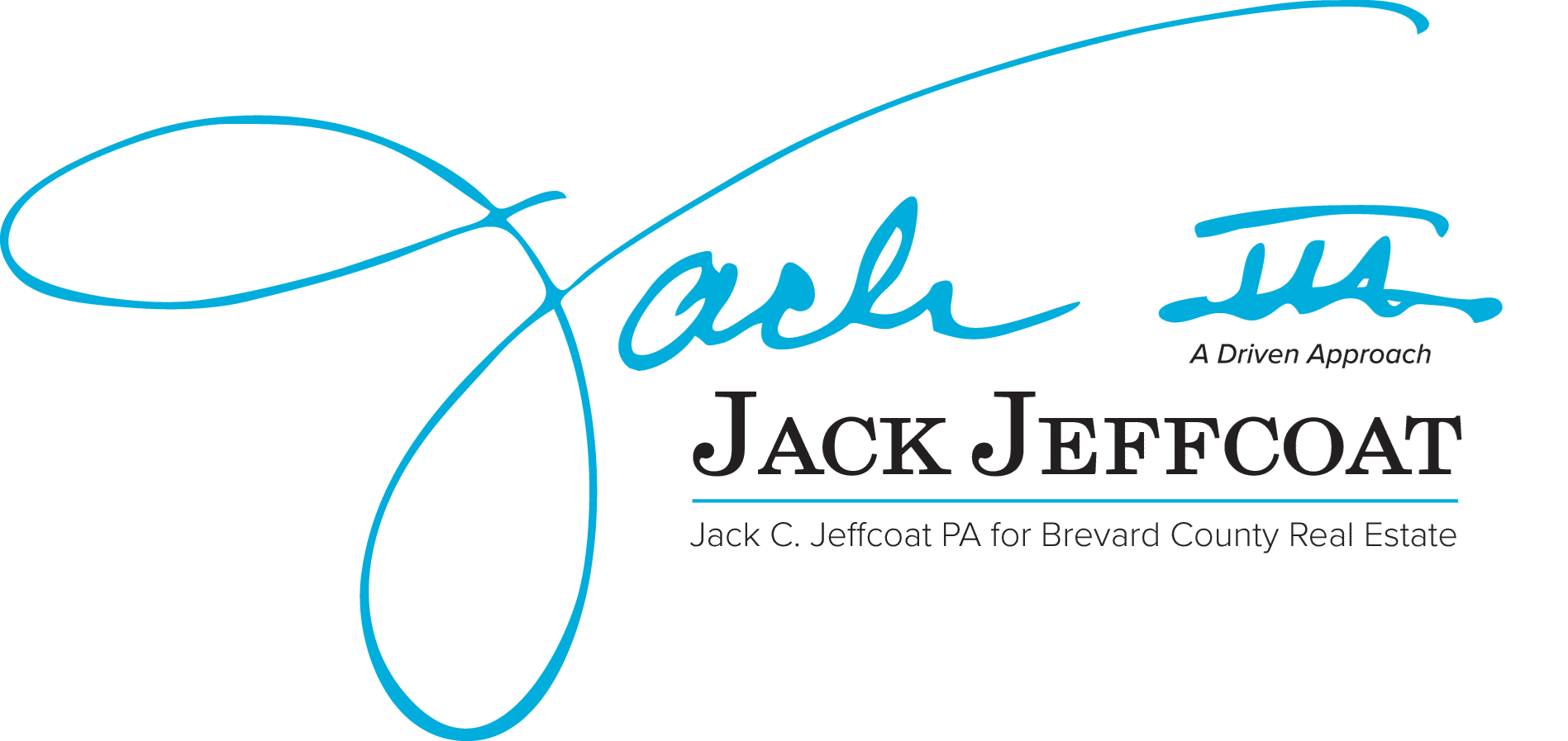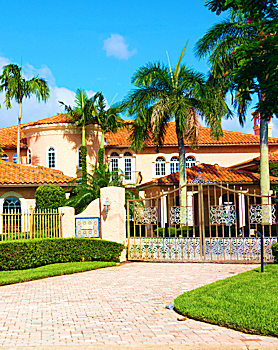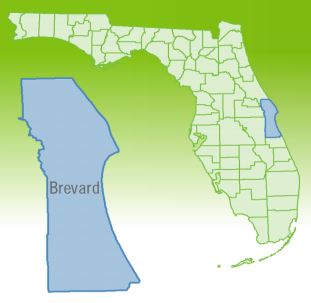Be Honest About Your Home's Condition When Selling
Selling Your Florida Home: What is Silent Fraud?
If you are planning to sell your home this year I want to bring you up to speed on an important responsibility-to present your home in as positive and honest light as possible.
Joy Watts a real estate professional in Kalamazoo Mich. recently blogged about 'nondisclosure' and why consumers need to be fully educated about this important piece of terminology which is also referred to as "Silent Fraud."
According to Watts if you are a seller you will be asked by your real estate professional to fill out a Sellers Disclosure form. This form is used to give potential buyers additional information regarding your home and property they would not know by looking on the Multiple Listing Service (MLS) or the printout given to them by their buyer's agent.
As the seller you need to fill out the Sellers Disclosure Form to the best of your ability. You may not know the answers to all of the questions but Watts advises you to do the best you can.
You do not want to commit "Nondisclosure" or "Silent Fraud" on this form or at any time throughout the process of selling your home. The following are ways you can commit fraud:
Your home has a defect and you purposely do not disclose the defect
You disclose the defect but you understate the severity of it when questioned
You become aware of a defect during the selling process and you do not correct a statement made previously to a buyer or you do not make a change to the Sellers Disclosure Form
You may think that if you state that the property is sold in "as is condition" this eliminates the risk of fraud. Unfortunately you would be wrong. Watts says even if you are selling your property in "as is condition" and you are aware of defects you still must disclose those defects even if you have no intention of correcting those defects.






